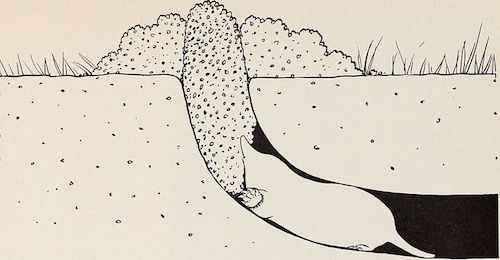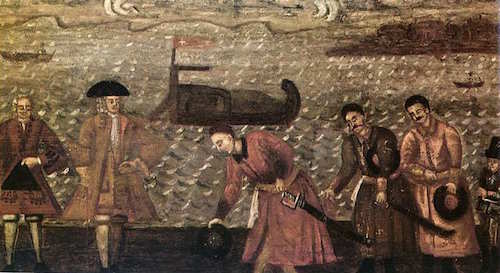
Black Women's Employment and the British Economy
Gail Lewis's classic essay on the position of black women in the British economy, from Inside Babylon: The Caribbean Diaspora in Britain.

Gail Lewis's classic essay on the position of black women in the British economy, from Inside Babylon: The Caribbean Diaspora in Britain.
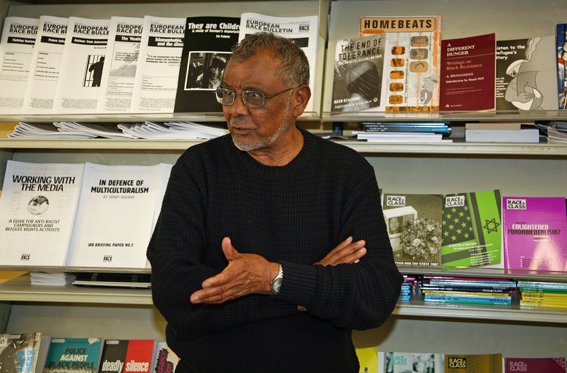
In this two-part essay, A. Sivanandan critiques the New Times current developed within Marxism Today, and its influence on the rhetoric of Labour in the 1990s.

Throughout the twentieth century the concerns of artists in Europe and North America have had an obvious impact on the art of Latin America, yet it is important to recognize the particular significance of movements such as Surrealism or abstraction within a non-Western context.

In this excerpt from Ibn Khaldun: The Birth of History and the Past of the Third World, Yves Lacoste shows how Ibn Khaldun's work refutes the myth of the "Arab invasions [of the Maghreb] of the eleventh century," despite the uses to which it has been put by the authors of the myth.
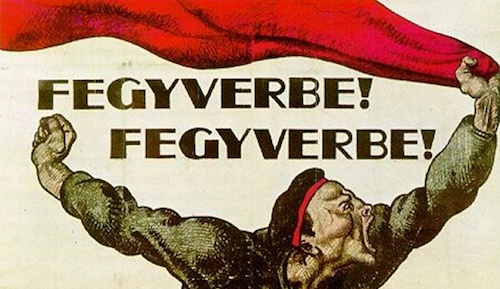
Lukács discusses his experiences during the years of World War I, the Russian Revolution, and the short-lived Hungarian Soviet Republic, for which he served as the People's Commissar for Education and Culture.
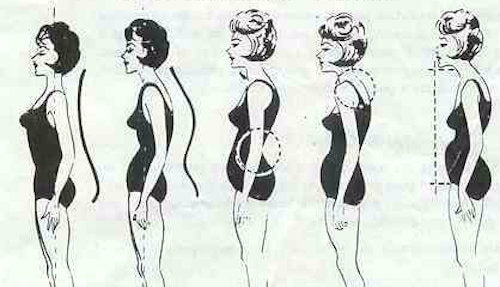

At the point at which we wrote these stories, we had not yet turned our attention to the way in which sexuality itself is constructed. Writing and discussing stories of this kind left us with a feeling of helplessness; how were we to identify means of defending ourselves against the forms of oppression they described? No matter how far back they went, these stories always depicted the results of an already existing repression of sexuality. Examining the notion of sexuality more closely, we found it to be represented and lived as oppression at the very moment of its emergence; thus its suppression could not be assumed, as we had hitherto believed, to consist solely in a prohibition of the sexual. But then, what is “the sexual”? In the first instance it seems clear that it is something that happens with our bodies. In an attempt then to discover the origins of our deficiencies and our discontents in the domain of the sexual, we decided at an early point in our research to focus our study on our relationships to our bodies and to their development.


It is the contradictions of the dictatorship of the proletariat, as it was beginning to develop in Russia, that form the object of Lenin's analysis and of his arguments. If you forget this fact, you can easily fall into dogmatism and formalism: Leninism can be represented as a finished theory, a closed system — which it has been, for too long, by Communist parties. But if on the other hand you remain content with a superficial view of these contradictions and of their historical causes, if you remain content with the simplistic and false idea according to which you have to "choose" between the standpoint of theory and that of history, real life and practice, if you interpret Lenin's arguments simply as a reflection of ever changing circumstances, less applicable the further away they are in history, then the real causes of these historical contradictions become unintelligible, and our own relation to them becomes invisible. You fall into the domain of subjective fantasy
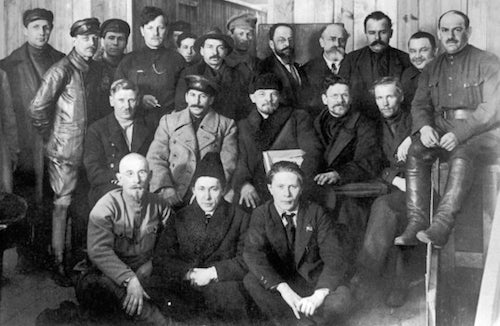
No events in human history have given rise to such violent controversy as have revolutions – Isaac Deutscher
